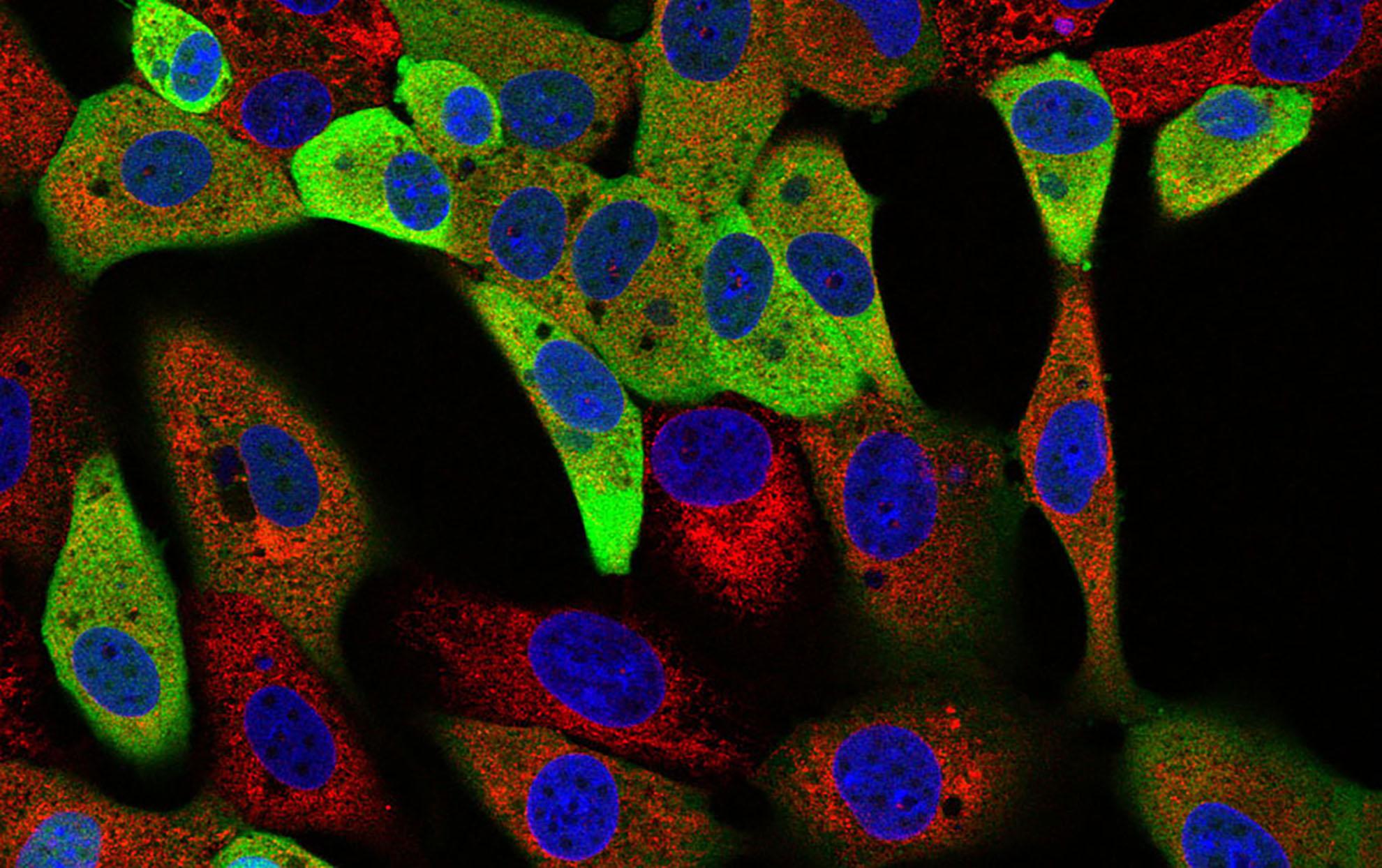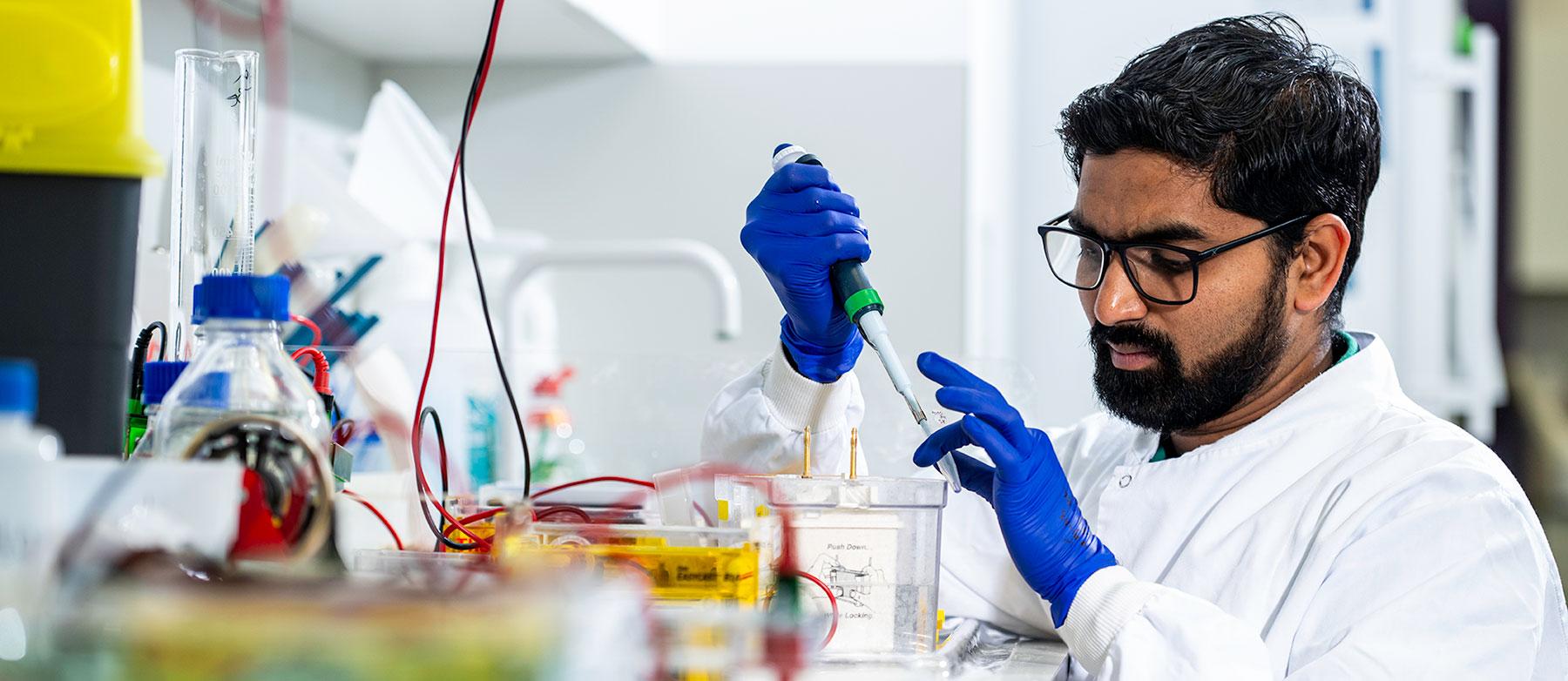The Sequencing Science Technology Platform (STP) provides innovative and innovative genomics capabilities with a strong emphasis on bespoke applications.
We provide researchers with access to high-throughput sequencing (HTS) resource across both high- and low-containment at Pirbright.
Our facilities deliver established and robust workflows using both short (Illumina) and long read sequencing technologies (Oxford nanopore).
This leverages the combination of automated liquid handlers and manual expertise to enable us to process a wide range of samples, from both DNA/RNA viral pathogens of transboundary importance and their livestock hosts.
Examples of previous collaborative projects we have been involved in have included the transcriptomics studies of livestock infected with African swine fever virus (ASFV), the use of targeted hybridisation strategies to improve viral genome sequencing and single cell sequencing to understand host immune responses in pigs infected with avian influenza.
We have a specific focus to specialise in delivering more bespoke genomic solutions and emerging technologies tailored to more diverse and strategically important research projects. These have included applications such as using single cell and spatial genomics to investigate live attenuated vaccine evolution for avian coronavirus in infected chickens.
This, coupled with the close integration of HTS with bioinformatics ensures we maximise the value from these uniquely tailored and innovative genomics approaches. This is particularly relevant when approaching novel emerging applications such as long read sequencing.
Key capabilities
High-containment sequencing: Unique solutions for SAPO4 viral agents, allowing research on the pathogens without leaving containment.
Established workflows: e.g. Whole genome sequencing, targeted amplicon, PCR-free applications, metagenomics, transcriptomics (including bulk, single cell and spatial).
Novel and emerging technologies: Exploration of long-read sequencing (Oxford Nanopore Technologies) and single-cell methodologies.
Bespoke process development: Our dedicated staff can develop bespoke processes that cannot be supported by established high throughput sequencing pipelines. This is particularly relevant with diverse types of viral genome, or when targeting specific parts of host genomes, i.e. immune-mediated.
Training and support: We collaborate closely with others at the Institute, providing training and resources for researchers to learn and perform library preparation in a dedicated ‘clean’ environment within the SAPO4 envelope.
Specialist equipment
Our high containment sequencing facilities include:
Illumina Platforms
MiSeq, NextSeq-550, NextSeq 2000, iSeq-100
Oxford Nanopore technologies
MinION and PromethION P2 Solo, high-spec computing desktops to manage computationally intensive approaches.
Automated liquid handlers
Hamilton NGS-STAR, Mosquito HV
Single-cell capability
Dolomite Bio microencapsulator, 10X Chromium
Team
Dr Graham Freimanis, Head of Sequencing STP.
Amy McCarron, Research Technician, Sequencing STP.
Contact
To discuss opportunities to collaborate, please contact sequencing.unit@pirbright.ac.uk


